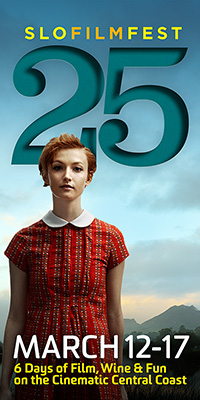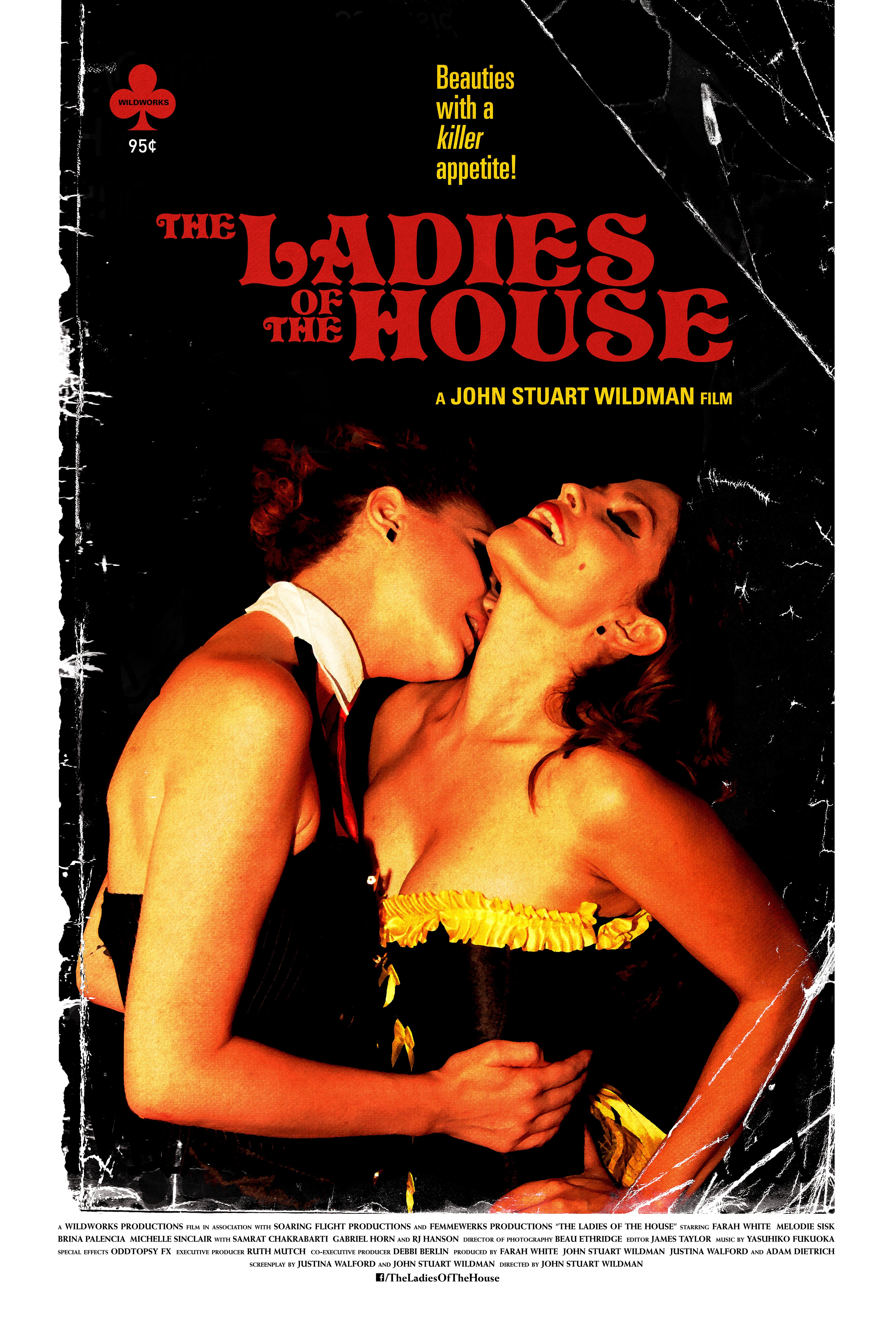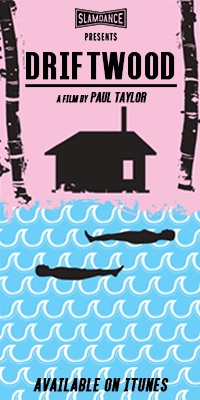It’s probably not a coincidence that the posters for both of Israeli filmmaker Rama Burshtein’s movies feature women in wedding dresses. That may because her first feature, Fill the Void, and her new movie, The Wedding Plan, show two very different sides of the same coin.
In the case of Fill the Void, it was about a young woman who has to decide whether to marry her older sister’s fiancé after she dies suddenly, leaving him without a bride.
The Wedding Plan follows the journey of 32-year-old Michal (Noa Koler) after her own fiancé breaks off their engagement a month before the wedding. Determined, Michal decides to keep her wedding date and seek out an appropriate groom to make her husband. It’s handled in a lighter and funnier way, as we meet her various (mostly bad) prospects, but she strongly believes that God will deliver an appropriate groom by the wedding date.
With The Wedding Plan, Burshtein solidifies her status as one of Israel’s filmmakers who could reach a considerably wider American audience with the accessibility of her films, even though they still remain deeply personal. It has moments that could easily be found in a Bridget Jones movie, but what Burshtein brings to the mix spiritually helps make the movie different from other romantic comedies.
The Wedding Plan won Best Film at the Venice Film Festival, and it’s been embraced by festival audiences ever since, the most recent one being the 16th Annual Tribeca Film Festival.
Festworks spoke with Ms. Burshtein over the phone to talk about her new movie and the differences between it and her previous film.
Festworks: I remember reading somewhere that “Fill the Void” took a long time to get made, so was this one easier to get made because “Fill the Void” was so well received?
Rama Burshtein: Fill the Void, nobody knew me, and it was hard to get everyone to put that kind of trust, to put the money on me, but after that Fill the Void, it was very easy.
Festworks: Was this something you had been developing while that was on the festival circuit or did you already have this idea before making that movie?
Rama Burshtein: After Fill the Void, I wrote something that takes place in New York, and it was not really the time for me to think about New York. I needed to do something in Israel again, and actually the TV show I’m thinking of now, maybe it will be the same one I wrote before.
Festworks: I was going to ask you about that because Joseph Cedar, one of your country mates, another Israeli filmmaker, just made a film in New York.
Rama Burshtein: Yeah, I’ve seen it, of course.
Festworks: When you started writing “The Wedding Plan” was the intention to do something lighter or more accessible, because it is more of a romantic comedy?
Rama Burshtein: Very different, right. First of all, I think I’m lighter than Fill the Void. The Wedding Plan is more of who I am and more of my world, and this is a film that speaks about hope and you don’t wrap hope in grey colors, so it is lighter, because I think when you speak about hope, but people watch the film and they feel very differently. A lot of people cry the whole time and don’t laugh at all.
Festworks: Is that the kind of reaction you were hoping to get?
Rama Burshtein: I didn’t think about the reaction in terms of if I want people to laugh or cry. I know there is something that can be very moving if you connect to it. A lot of women who didn’t find the love of their life, even in the first scene, they’re connected and they connect it to themselves in a very deep way, and it’s fine with me. There are no rules, as long as you go through the experience and go through something.
Festworks: I’m quite old and single myself, so I went through a lot of emotions as well.
Rama Burshtein: So you didn’t only laugh?
Festworks: No, it was a very emotional movie, but I felt that way about “Fill the Void” even though that was a younger woman. How did you go about finding Noa to play Michal?
Rama Burshtein: She’s amazing, right?
Festworks: Absolutely. I wasn’t sure if she was an Israeli actress who had done a lot of movies that I may have seen or not.
Rama Burshtein: That’s her first leading role. She’s extremely talented. I would go as far as saying she’s a genius, yet she was never given that chance to be a leading role in a film, so that was great finding her and giving her a chance, but actually, discovering her at that age is a miracle. Someone so good, to find them out when they’re 35. She’s incredible. What she was able to do, I couldn’t find anywhere else. She can move you and make you laugh, practically at the same time, and it’s very extraordinary. It was an incredible experience for me to work with her.
Festworks: Had she done a lot of theater even before taking the role?
Rama Burshtein: She does theater. She was in the Gesher Theater Group in Israel, but not as leading roles. She was not a leading actress.
Festworks: How did you find her, then? Was there an open call with auditions?
Rama Burshtein: Yes, she came for an audition, and she immediately seemed like the right one.
Festworks: How did you audition them? Did they just have to do a scene or two or did you spend time talking to each of them?
Rama Burshtein: I have a casting director. I talked to them and they made the scene, and it’s a long process, because I need to see that it’s not enough that she’s a good actress. We have to have a connection that I can still talk in my terms and the way I believe. The way I see things, so it won’t be so strange to her. That it will be possible to have a conversation, because otherwise, it’s impossible for me to work with someone. They don’t have to be religious. They don’t have to be 100% sure that they believe in God, but they have to be able to have that spiritual conversation and be drawn to it.
Festworks: Is your spiritual side something you bring to filmmaking when you’re on set as well? Is that something you incorporate into the filmmaking process?
Rama Burshtein: I feel there’s no difference between life and work. It’s the same thing. It’s connection with people. It won’t work if you don’t have a connection. It will work definitely if you do have it. For me, it’s very personal. Everything I do is very personal and films, I think it’s the most personal work I’ve ever done with so many people. The process is very, very personal.
Festworks: You’ve gotten amazing results, and I think one of the reasons I like your films is that they have a different feel and perspective than other movies.
Rama Burshtein: Thank you.
Festworks: One of the more interesting moments in the film is when Michal goes to the Ukraine and meets this famous pop star, Yos. So is he a real popstar or an actor?
Rama Burshtein: He’s an actor, but he is a very big star.
Festworks: Is his appearance a surprise to Israeli moviegoers when they see him in this movie or is it known he’s in the movie.
Rama Burshtein: In a way they see him before she goes into the woman with the first. She seems him on the television and already when they see him, they know he’s in the movie. He wouldn’t be there for just that second—everybody knows that. So it’s a bit different. Maybe Israelis expect him to be in it. Everyone knows that he’s not on the poster, but he’s on the cover.
Festworks: Seeing his appearance and not knowing his other work, you assume that maybe he’s a real Israeli popstar.
Rama Burshtein: He is like a popstar… he’s a real star.
Festworks: How has it been seeing the movie with different audiences? Have you found it connecting with non-Jews?
Rama Burshtein: Well, we premiered it at the Venice Film Festival, and it was very interesting to see it for the first time with a very different crowd than from Israel. It was received very well, and then we went to Telluride, and then I didn’t go anymore until now, to America. I’m trying to go for the next project and not lose the time in travelling, so only if I have to. It’s received very well. I’m so happy, especially here in America. We’ve been to the Tribeca Film Festival, and now Los Angeles and Washington. It looks very good now, and I hope it will be.
Festworks: It’s a very optimistic film, which is nice, because a lot of the films that come from Israel are not so optimistic, so it’s a nice change. Do you feel like you want to continue that optimism into your next project?
Rama Burshtein: In a way, even Fill the Void is optimistic. It will always be optimistic, if the question is will my next work be funny or easy-going, I think it will have parts like this and parts like that. It depends on the story, and it will go with the story, not with a decision. We’ll see, but I like to laugh, and I think it’s important. I think people are funny, so I think that should be in it.
The Wedding Plan opens in New York on Friday, May 12, and then in other cities on May 19.















READER COMMENTS